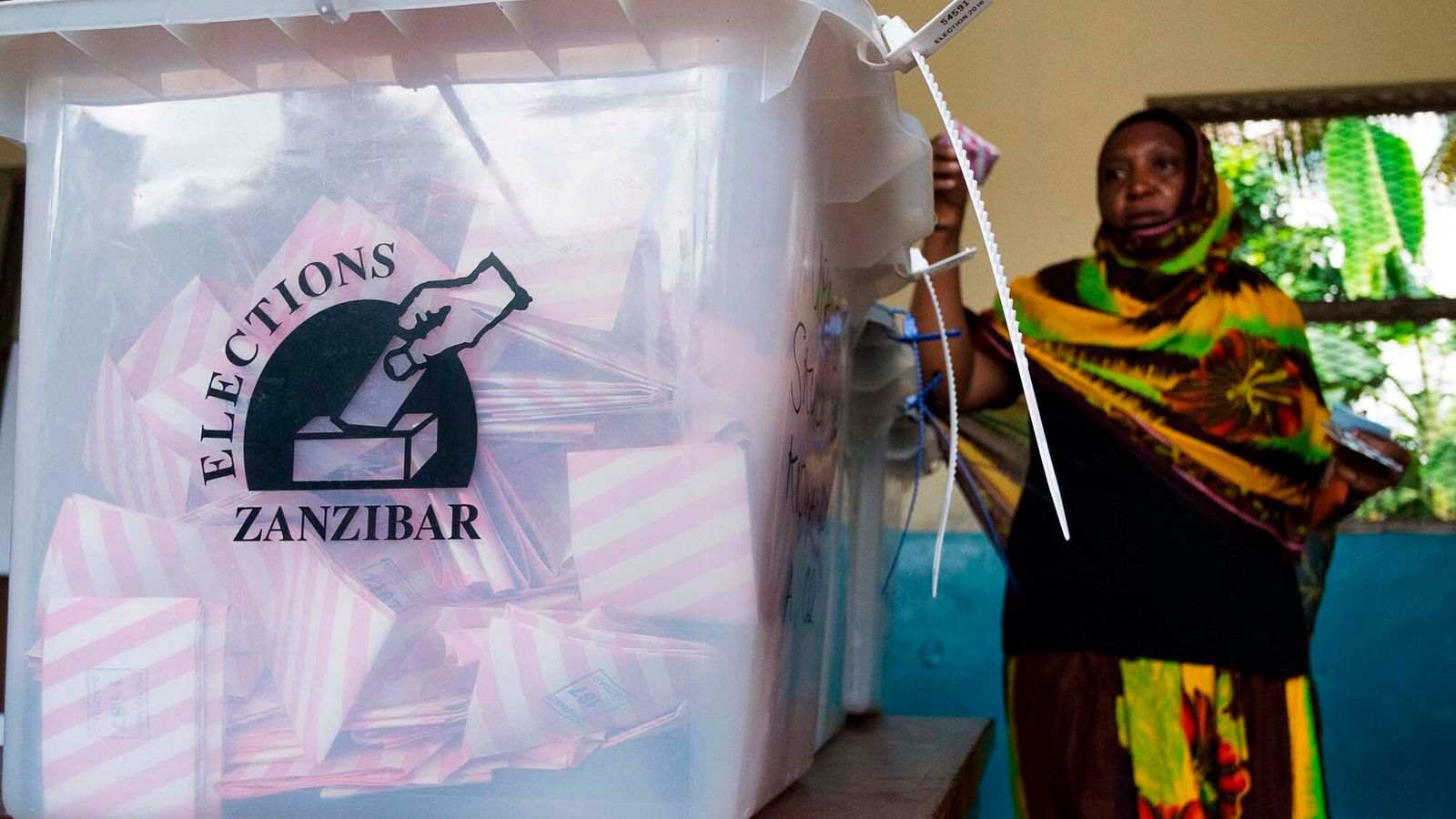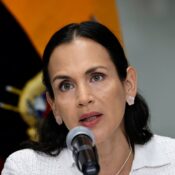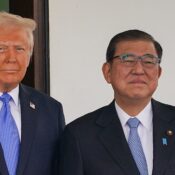
Concerns expressed regarding Tanzania’s historical voting turnout
Preliminary voter numbers for Tanzania’s upcoming local government elections were released this week, surpassing previous records, despite accusations from the opposition that the ruling CCM party was involved in unfair practices, such as the registration of invalid voters.
The Ministry of Regional Administration and Local Governments (Tamisemi) released numbers on October 22 showing that 31.28 million Tanzanians were registered to vote in the November 27 elections, accounting for 94.83 percent of the original projections.
The nationwide civic polls, which are intended to serve as a litmus test for the general election of the president and members of parliament next year, are for ward, street, and hamlet-level chairpersons and councilors.
Manual voter registration was carried out in a tumultuous environment heightened by clashes between opposition party agents and registration clerks who were protesting about anomalies like duplicate registration, the existence of separate registers, and the registration of deceased people and minors.
While questioning the behavior of registration clerks at a booth in the Ukonga constituency of Dar es Salaam, Israel Ngatunga, an official from the opposition CHADEMA party, was knocked unconscious by a stone thrown by a bystander.
After a similar altercation with clerks in the Katavi district, another, Rhoda Kunchela, was taken into custody by police and held for a number of hours.
Four individuals suspected of being CHADEMA supporters were arrested by the police on suspicion of stealing two voter registration books from a booth in the Rombo area of the Kilimanjaro region.
In a statement released to the public, police spokesperson David Misime said the force was “closely monitoring a plot by one political party to invade registration booths and seize the registry books for purposes known only to themselves.”
“We are warning these plotters that this is a crime, and strict measures will be taken against them according to the law if they persist,” Misime stated.
Even though the entire voter registration process was done by hand, concerns were also raised regarding its integrity when final total data were published only two days after it concluded.
The ministry was able to quickly calculate the final figures, according to Tamisemi minister Mohamed Mchengerwa, by “using a streamlined nationwide system that enabled daily updates from all centers to reach the ministry in real time.”
“We planned for this exercise for a full year,” Mr. Mchengerwa said. “From the local level to the hamlets and villages, our authorities have gone everywhere. As directed, they performed an excellent job of providing us with voter registration data from every booth every day.
Based on Tanzania’s 2022 national census, which revealed a total population of 61 million across all demographics, the data demonstrate that voter registration in five regions—Pwani, Tanga, Mwanza, Dodoma, and Iringa—reached levels far higher than 100 percent of projections.
8.77 million people registered to vote in Tanzania’s last three local government elections (2009), 11.4 million in 2014, and 19.6 million in 2019.
According to Tamisemi, the final voter list for this year’s elections would be released following the deadline of October 27 for name adjustments “based on objections raised through formal channels.”
After that, the election preparations will proceed to the next phase, which involves receiving and screening candidates starting on November 1.
Despite recent revisions to election legislation that transfer supervisory duty for the elections to the newly established Independent Electoral Commission, Tamisemi, one of three ministries directly under the President’s Office, is overseeing this year’s elections.
This is the foundation of a lawsuit that three Tanzanians filed with the High Court, which was scheduled to rule on the matter on October 25.
All Categories
Recent Posts
Tags
+13162306000
zoneyetu@yahoo.com



